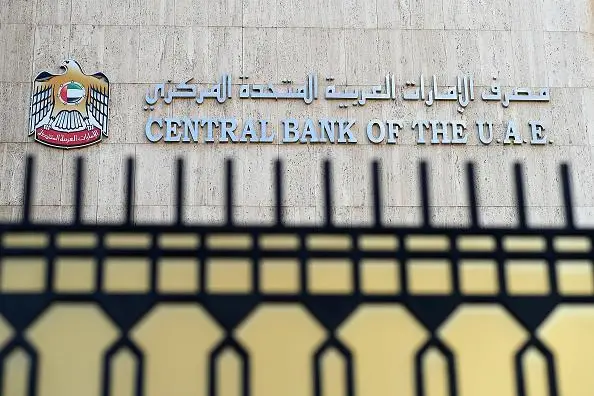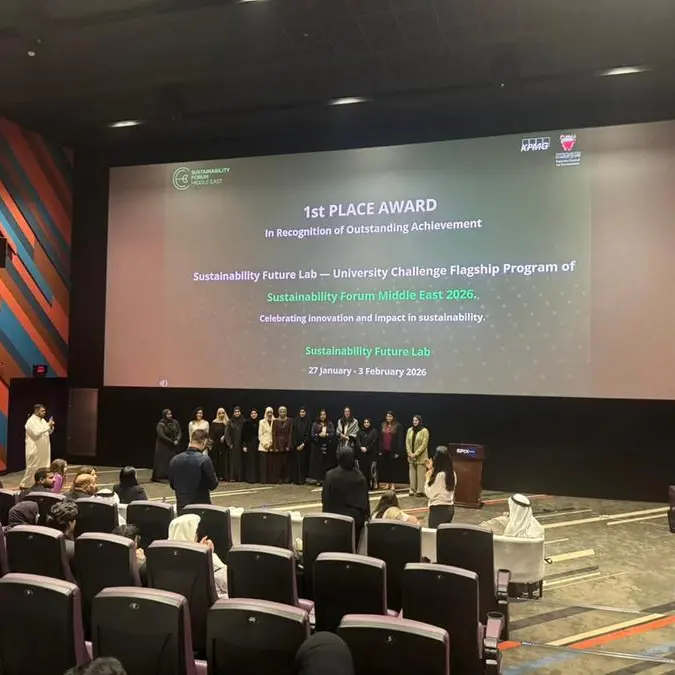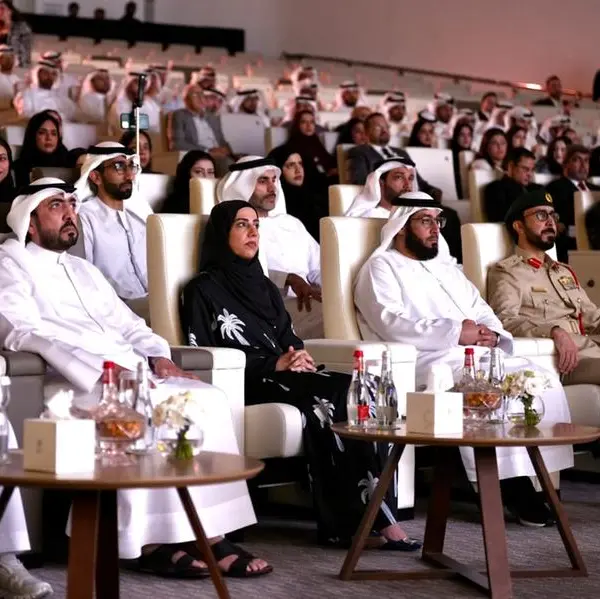PHOTO
Abu Dhabi: The National Summit on Financial Crime Compliance, held under the Patronage of His Highness Sheikh Mansour Bin Zayed Al Nahyan, Vice President, Deputy Prime Minister, Chairman of the Presidential Court, and Chairman of the Board of Directors of the Central Bank of the UAE (CBUAE), concluded successfully in Abu Dhabi.
The two-day summit, held on 9 and 10 October 2024, brought together high-level local and international experts and decision-makers from regulatory bodies and law enforcement authorities, with around 45 speakers addressing vital topics in financial crime compliance and Anti-Money Laundering and Combatting the Financing of Terrorism (AML/CFT).
In his keynote address, His Excellency Khaled Mohamed Balama, Governor of the CBUAE, highlighted the UAE’s ongoing commitment to collaborative efforts and measures within the country’s legislation and procedures to safeguard the integrity of the global financial system, emphasising strategic decisions taken to strengthen the legal and regulatory framework and empower authorities to adapt to the changing risk environment.
To shed light on supervisory activities in licensed financial institutions, H.E. said the Central Bank is in the process of launching the first-of-its-kind Supervisory Technology (SupTech) initiative in the region which will enable early detection and warning of risks based on data assessment processes to determine the extent of exposure to money laundering operations.
Her Excellency Fatma Al Jabri, Assistant Governor for Financial Crime, Market Conduct and Consumer Protection, Member of the National Anti-Money Laundering and Combating the Financing of Terrorism and the Financing of Illegal Organisations Committee, commended CBUAE’s efforts in strengthening cooperation between the UAE and the international community to combat money laundering and the financing of terrorism, as well as its adoption of a technology-based approach to effectively and efficiently develop control and supervision processes.
The first day of the summit covered a range of topics including the National and Regional strategy to manage Financial Crime Risks including how to turn threats into opportunities, and mitigating proliferation financing risks and trade-based money laundering risks. Speakers comprised representatives from local and international regulatory bodies, local banks, and others.
The second day focused on the application and use of artificial intelligence in anti-money laundering controls, an overview of the Law Enforcement Authorities (LEA) role with respect to the Financial Action Task Force’s (FATF) Immediate Outcomes 6, 7, and 8, supervisory priorities, and other prominent topics. The speaker lineup drew on perspectives from government and private sector, European Union representatives, and experts from both local and global Financial Intelligence Units.
Major Tarek Belhoul, Head of Virtual Assets Crime Section at Dubai Police, started the session with a presentation on the future of crime, highlighting the challenges, developments, and risks posed by financial crimes, and stressing the importance of proactive work in monitoring, detecting, and deterring these crimes.
The sessions of day two focused on the pivotal role of artificial intelligence in combating financial crime, while emphasising the importance of human resources in interpreting results and making critical and final decisions. Discussions also delved into the benefits of AI implementation, particularly crime detection and flexibility in risk assessment, as well as risks concerning data volume, data protection, and the need for robust security controls to pre-emptively identify and mitigate potential vulnerabilities.
Other sessions addressed supervisory priorities in accordance with best practices and FATF recommendations. Amira Ahmad, Chief of the AML/CFT Supervision Department at CBUAE and Chair of the Supervisory Sub-Committee in the UAE, highlighted prominent supervisory tools and their importance in data collection and analysis, also shedding light on the adoption of a risk-based supervisory framework by the UAE supervisory authorities in line with FATF recommendations.
H.E. Fatma Al Jabri concluded the summit by underscoring the efforts of all participants in ensuring the integrity and safety of the financial system. She praised the pivotal role played by the financial sector in general, and banks in particular, in the development of societies, noting the importance of employing artificial intelligence technologies and their vital role in combating money laundering and the financing of terrorism around the world. Her Excellency reaffirmed the UAE’s commitment to collaborating closely with all stakeholders to bolster its efforts in combating financial crime, ensuring a strong position for the upcoming FATF evaluation in 2026.




















